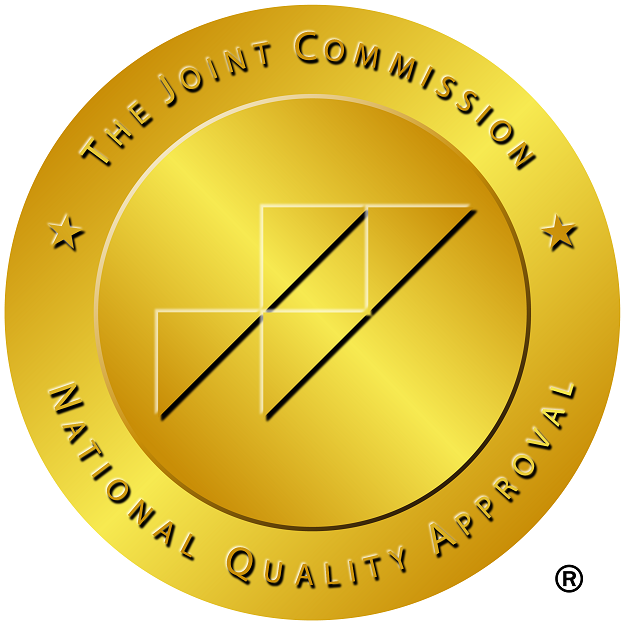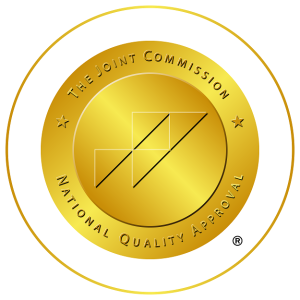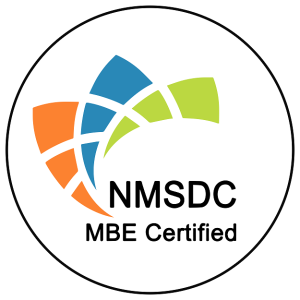
A Case Manager’s Career Benefits: What RNS Needs To Know

A Case Manager's Career Benefits: What RNS Needs To Know
Nursing is a dynamic and multifaceted field that offers a myriad of career paths for Registered Nurses (RNs). One such rewarding avenue is a career in case management. Often overlooked, case managers play a crucial role in coordinating and facilitating healthcare services for patients. In this blog, we’ll explore the various benefits of a case manager career and shed light on why RNs should consider this path.
1. Holistic Patient Care:
A case manager coordinates all aspects of a patient’s care. Unlike other nursing roles that may focus on specific aspects of treatment, case managers take a holistic approach, addressing the physical, emotional, and social needs of patients. This comprehensive care model allows RNs to make a substantial impact on a patient’s overall well-being.
2. Collaboration and Communication Skills:
A case manager acts as a liaison between healthcare providers, patients, and their families. This role requires excellent communication & collaboration skills, which are invaluable assets for any nurse. Case managers develop strong relationships with various healthcare professionals, creating a network that enhances patient care and ensures a seamless healthcare experience.
3. Advocacy for Patients:
Case managers advocate for their patients, ensuring that they receive the best possible care. This advocacy involves navigating the complex healthcare system, understanding insurance coverage, and helping patients make informed decisions about their treatment options. RNs in this role become patient champions, working tirelessly to secure the resources and support necessary for optimal outcomes.
4. Diverse Career Opportunities:
The field of case management offers a variety of settings for RNs to thrive. Whether in hospitals, clinics, insurance companies, or community organizations, case managers are in demand across the healthcare spectrum. This diversity allows RNs to choose an environment that aligns with their interests & professional goals, creating opportunities for career growth and development.
5. Prevention and Cost Management:
Case managers actively engage in preventive care, identifying potential issues before they escalate. By managing chronic conditions, coordinating follow-up appointments, and promoting wellness, case managers contribute to better health outcomes for patients. Additionally, they play a pivotal role in cost management by minimizing unnecessary hospital readmissions and ensuring efficient use of healthcare resources.
6. Professional Development:
A career in case management provides numerous opportunities for professional growth. RNs can pursue additional certifications, such as Certified Case Manager (CCM), to enhance their skills and marketability. The continuous learning and evolving responsibilities in case management keep RNs engaged and motivated, contributing to their overall job satisfaction.
Conclusion:
In conclusion, a case manager career offers RNs a fulfilling and dynamic path within the healthcare sector. The holistic approach to patient care, emphasis on communication and collaboration, advocacy for patients, diverse career opportunities, focus on prevention, and avenues for professional development make case management an attractive choice for Registered Nurses. As the healthcare industry continues to evolve, the role of case managers will remain integral, making it a rewarding and impactful career option for those trying to make a meaningful difference in the lives of patients.














